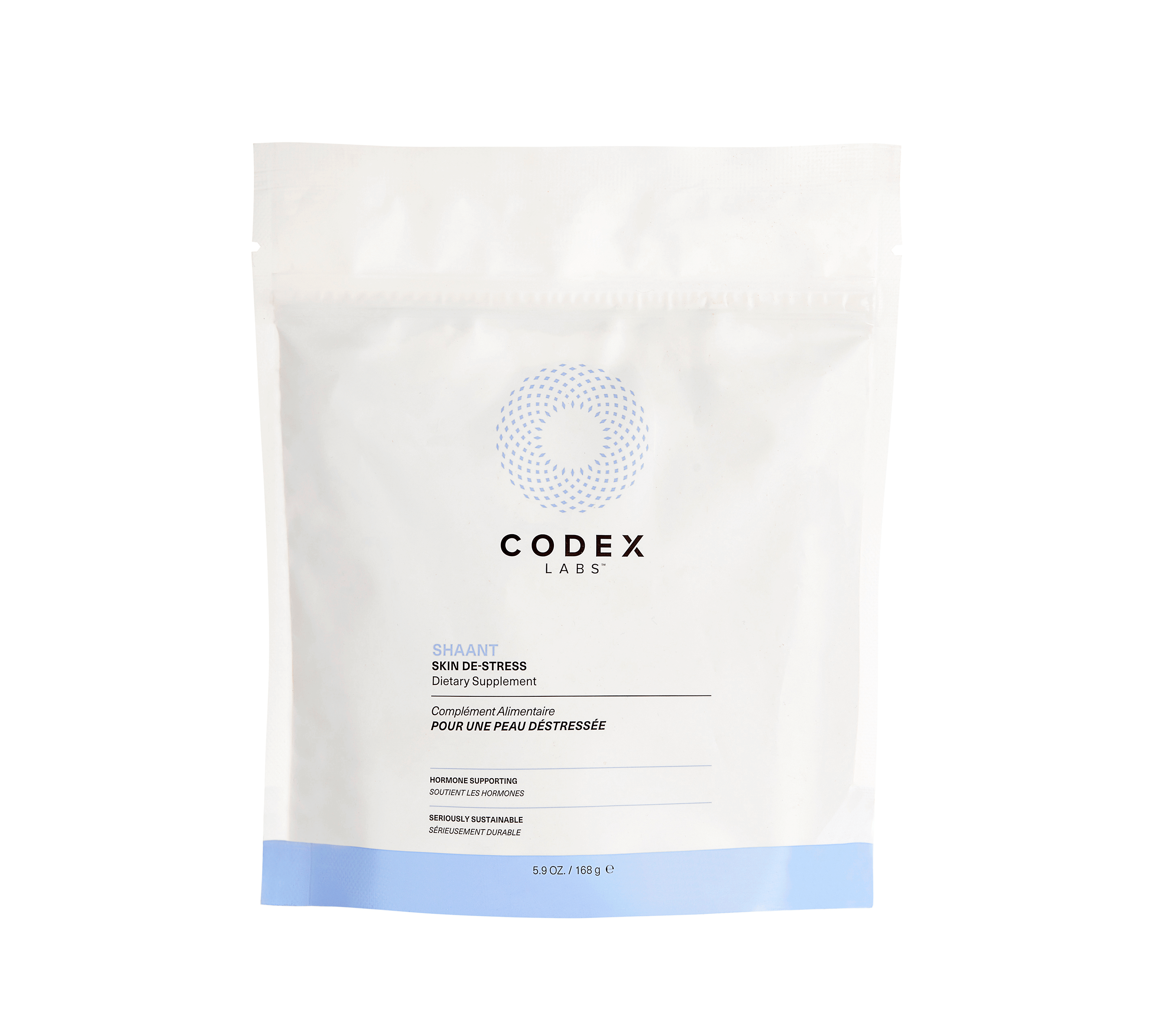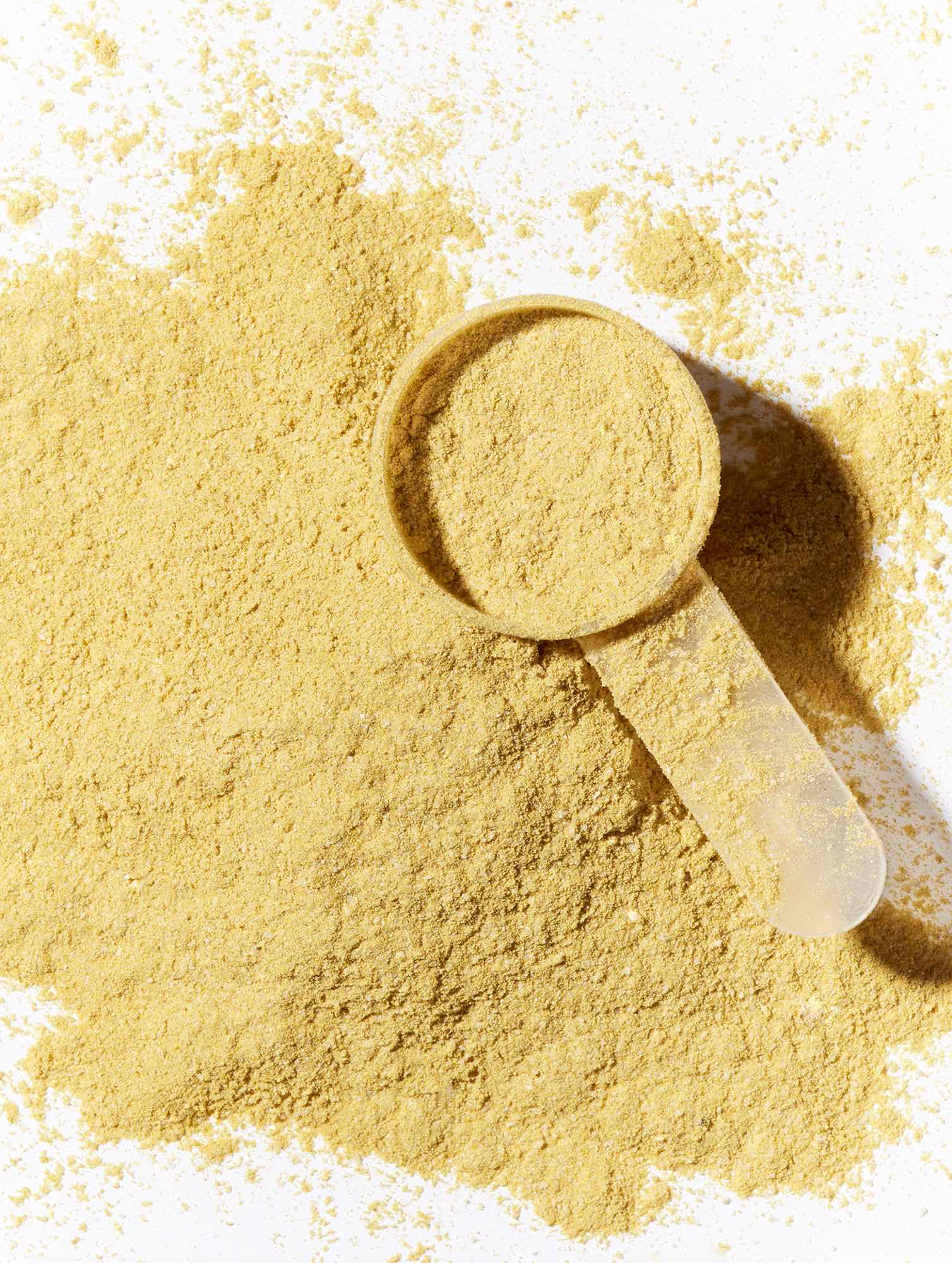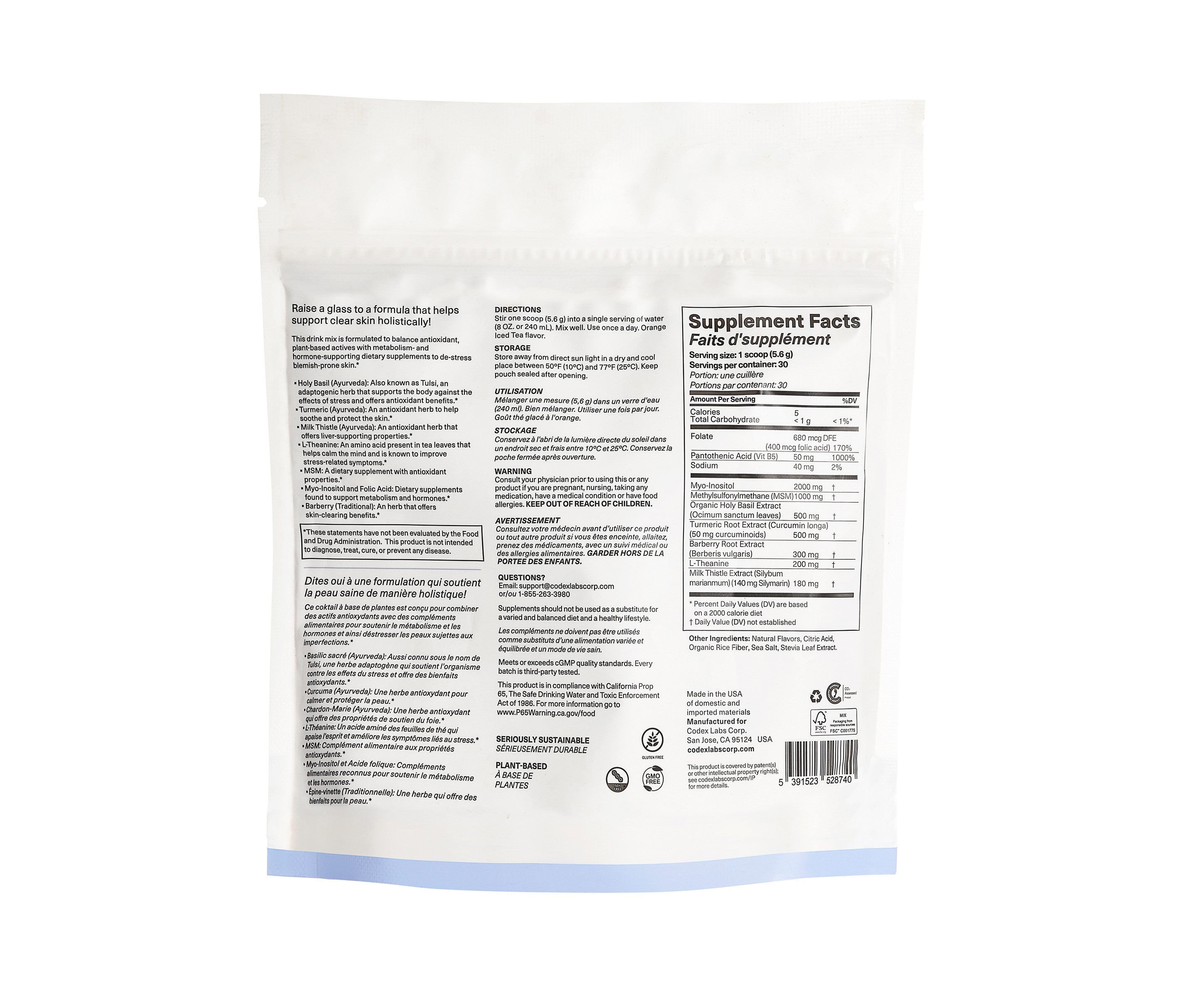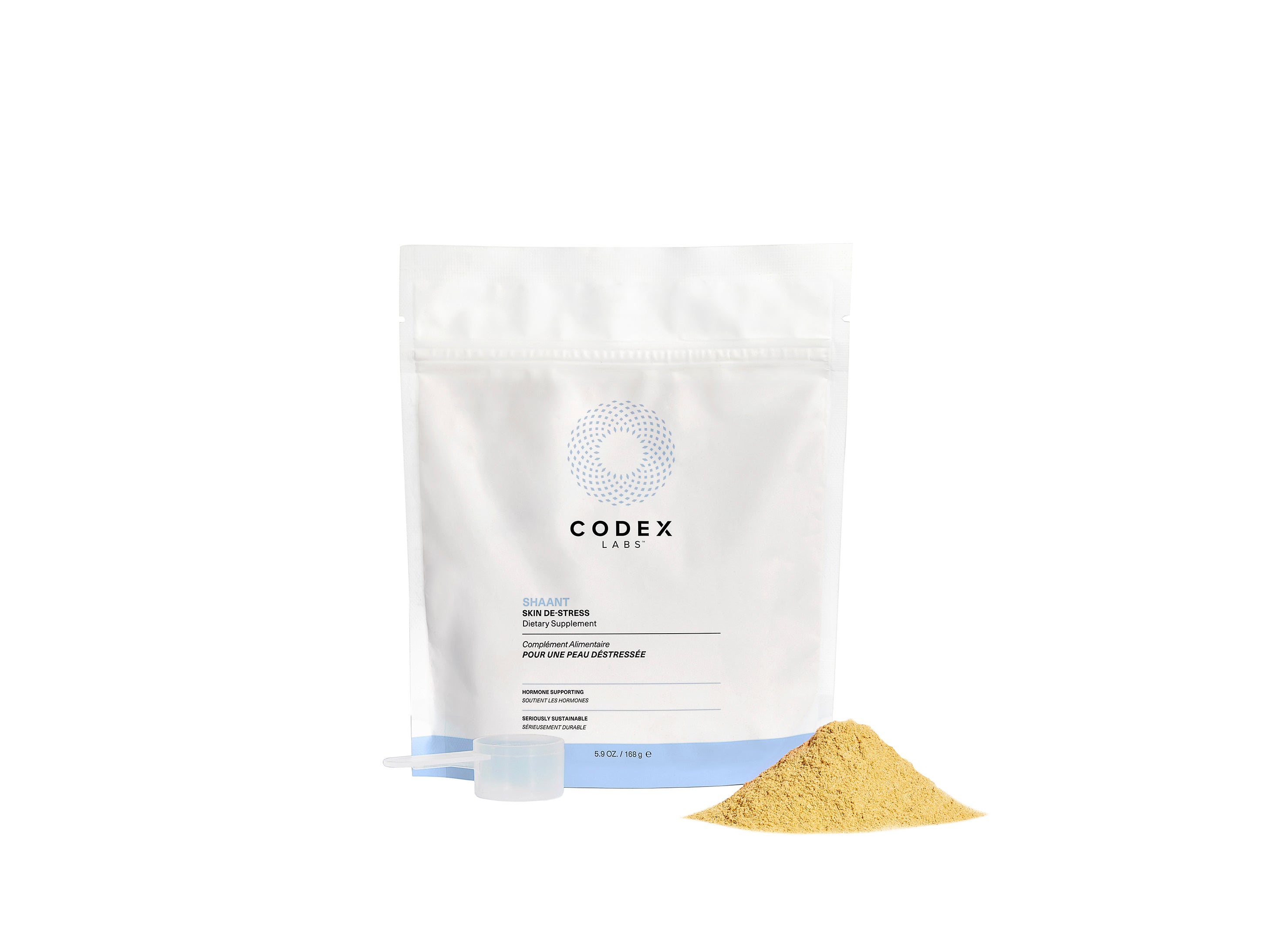Psoriasis is a chronic skin condition that affects millions of people globally. It is characterized by the rapid buildup of skin cells leading to red, scaly patches on the skin, often accompanied by itching and discomfort. While the exact cause of psoriasis is not fully understood, researchers have identified a strong connection between stress and psoriasis flare-ups. In this blog post we will explore the link between stress and psoriasis, understanding whether stress can cause psoriasis or trigger its symptoms. Additionally, we’ll discuss various triggers for psoriasis and effective treatment tips to help manage the condition. [1]

Psoriasis and Stress
Before we dive into the relationship between stress and psoriasis, let’s briefly explain what psoriasis is. Psoriasis is an autoimmune disorder where the immune system mistakenly attacks healthy skin cells, causing them to multiply rapidly. This overproduction leads to the formation of thick, inflamed patches on the skin.
Stress, on the other hand, is the body’s response to various demands, whether physical, emotional, or psychological. When we encounter stress, the body releases hormones like cortisol which trigger the “flight-or-fight” response. While this response is needed in dangerous situations, chronic stress can negatively impact our health.
Psoriasis Caused by Stress
While stress is not the direct cause of psoriasis, it can certainly make the condition worse by calling into action the body’s immune system and resultant inflammatory responses. Studies have shown stress can disrupt the body’s immune balance, making it more prone to autoimmune disorders like psoriasis. [2]
Stress-Induced Psoriasis
Some individuals may experience stress-induced psoriasis where a significant emotional or psychological event triggers either the first onset of psoriasis or worsens existing psoriasis symptoms. The immune system’s reaction to stress can lead to inflammation, making psoriasis flare-ups more frequent and severe. Additionally, stress can disrupt normal skin barrier functions leading to increased moisture loss which, in turn, further aggravates psoriasis symptoms.
Can Stress Trigger Psoriasis?
The relationship between stress and psoriasis is complex and varies from person to person. While stress can certainly worsen psoriasis symptoms, it may not be the sole trigger for everyone. Genetics, environmental factors, and other underlying health conditions can also play a role in the development and severity of psoriasis.
Triggers for Psoriasis
Apart from stress, several other factors can trigger or worsen psoriasis flare-ups. Understanding these triggers can help sufferers better manage their condition and reduce the frequency of outbreaks. [3]
- Infections: Bacterial or viral infections such as strep throat or respiratory infections can trigger or aggravate psoriasis in some individuals.
- Injury to the Skin: Skin injuries including cuts, burns and, believe it or not, bug bites can lead to a circumstance known as the “Koebner phenomenon” where psoriasis develops at the site of the injury.
- Cold Weather: Cold, dry weather can cause the skin to become dehydrated making it more susceptible to psoriasis flare-ups.
- Medications: Certain medications including beta-blockers, lithium, and anti-malarial drugs can trigger or worsen psoriasis symptoms in some individuals.
- Smoking and Alcohol Use: Smoking and excessive alcohol consumption have been linked to an increased risk of psoriasis and more severe symptoms.
- Hormonal Changes: Hormonal fluctuations such as those during pregnancy or menopause can influence psoriasis symptoms.
- Stress: As discussed earlier, chronic stress can contribute to psoriasis flare-ups.
Treatment Tips for Psoriasis
While psoriasis is a chronic condition with no known cure, various treatment options can help manage and alleviate its symptoms. The following are some helpful tips on how to effectively manage psoriasis:
- Topical Treatments: Topical creams and ointments containing corticosteroids, vitamin D analogs, or retinoids can help calm inflammation and scaling. Though initially developed for those with sensitive acne-prone skin, SHAANT® BALANCING OIL CONTROL CREAM with its potent plant-based actives such as mother nature’s retinoid “Bakuchiol” for managing skin cell growth, together with wound-healing promoting “Black Jack” can offer much needed comfort and relief to psoriasis sufferers.
- Moisturize regularly: Keeping the skin barrier moisturized, healthy and functioning properly is essential for managing psoriasis symptoms. Because the skin barrier is so negatively impacted by psoriasis symptoms, taking a comprehensive approach to repairing and protecting it is of utmost importance. The ANTU® SKIN BARRIER REPAIR SET, a clinically-proven regimen of products recognized by the National Psoriasis Foundation, consisting of a gentle moisturizer, cleanser, and serum has been scientifically designed to bring healing, comfort, and relief to those suffering from a compromised skin barrier.
- Phototherapy: Phototherapy, also referred to as light therapy, involves exposing the affected skin to controlled UV light. This treatment has been shown to slow down skin cell growth and reduce inflammation.
- Stress Management: As stress can worsen psoriasis, incorporating stress management techniques like meditation, yoga, or deep breathing exercises can be beneficial.
- Avoid Triggers: Identify and avoid triggers that worsen your psoriasis symptoms. This may include certain foods, smoking, or exposure to extreme weather conditions.
- Medications: For severe cases of psoriasis, your healthcare provider may prescribe oral medications or biologics to suppress the immune system and reduce inflammation.
- Dietary Supplements: The use of specialized dietary supplements formulated to restore and fortify an irritated, inflamed skin barrier like our ANTU® SKIN BARRIER SUPPORT SUPPLEMENT, and SHAANT® SKIN DE-STRESS DIETARY SUPPLEMENT which contains nature’s anti-inflammatory plant-based actives for soothing inflamed skin from the inside-out, may be just the added little relief boost your psoriasis symptoms need for you to realize much needed comfort and relief.
Conclusion
While stress may not directly cause psoriasis, its impact on the immune system and its inflammatory responses can trigger or worsen psoriasis symptoms in some individuals. Managing stress, along with other triggers, is vital in effectively managing this unfortunate skin condition. By incorporating stress management techniques, avoiding triggers, and following appropriate treatments, individuals suffering from psoriasis can lead a more comfortable and fulfilling existence. And remember to always consult your healthcare provider to develop a personalized plan for managing psoriasis and to ensure you receive the best possible care.
References:
- https://www.psoriasis.org/about-psoriasis/
- https://www.psoriasis.org/life-with-psoriasis/#:~:text=Stress,skill%20for%20people%20with%20psoriasis.
- https://health.clevelandclinic.org/psoriasis-triggers/





